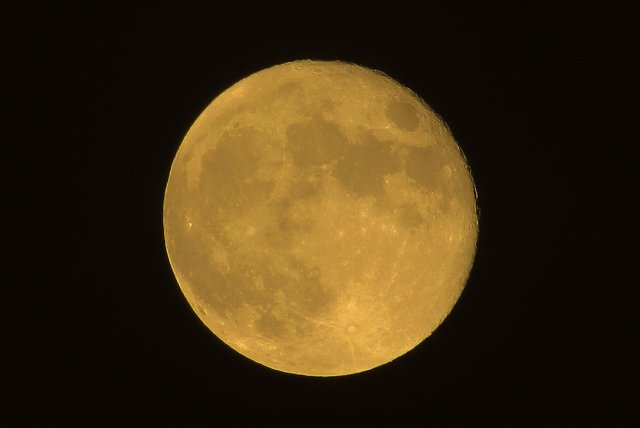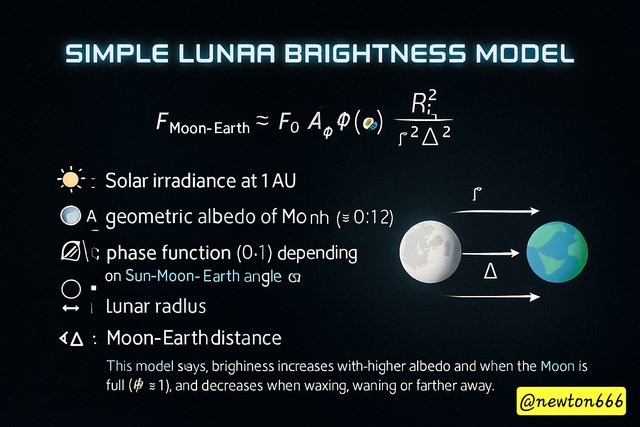The Mystery of the Lunar Mirror // Science and Reflected Reality

Pixabay
I'm just a tiny speck in this vast cosmos, and yet, it's like a puzzle that science is still trying to solve. even though the Moon doesn't make its own light, it's super cool how it bounces back the Sun's rays, creating a natural show that's both about science and makes us feel something deep
In science, the lunar mirror is basically how sunlight bounces off the Moon's uneven surface, creating a reflection and scattering effect the regolith's fine gray dust layer acts like a huge, kinda-flawed mirror on its surface
Optical physics shows that how bright and how deep the light feels depends on how the light hits the surface and where the Moon is in the sky. So, every moon phase is like a cool natural lab where you can see all sorts of light bending, brightness, and shadows play out.
I can't help but see this simple light bounce as a metaphor: what we get is always a changed version of something bigger.
The lunar mirror effect isn't just about the physical stuff; it's got a big impact on psychology too. Science's got it figured out that moonlight messes with our sleep, makes some animals act weird, and even plays a part in how creatures reproduce and find their way. As an observer, I reckon this reflection's got more to it than just numbers and stats.
For ages, whole groups have seen the Moon as a reflection of their beliefs, fears, and dreams. While astronomers chat about angles, spectra, and wavelengths, I feel like the Moon's just showing us our own reflection.
In the end, the lunar mirror is like a line between the artsy and the factual If I stick to being realistic, I gotta admit it's the science of light that makes sense of this stuff. But if I get too caught up in my own stuff, I feel like the Moon, with its chill and peaceful light, kinda watches over us, you know?
“The ‘mirror light’ of the Moon is modeled with photometry of rough surfaces. I’ll give you three levels, from the simple to the rigorous:”

The lunar mirror effect does more than just light up night scenes, it shows us the two sides of us: the part that wants to figure things out with numbers, and the part that just dreams without needing to explain anything maybe that's what science's real strength is, it explains a lot but doesn't always put an end to our sense of awe.
Bibliographic reference
Physics for Science and Technology by Paul Allen Tipler, Gene Mosca, 2004.
General Physics by Pérez Montiel, Héctor, 2020.
Universe: The Ultimate Visual Guide by DK, 2024.